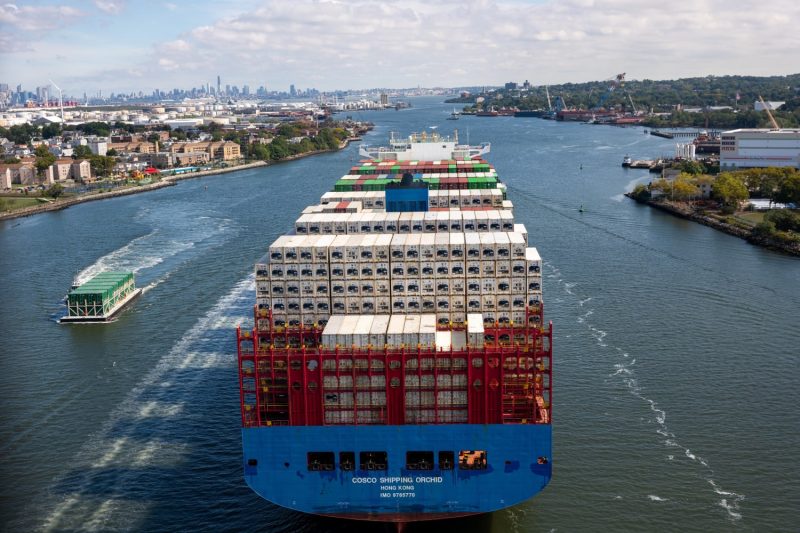**East and Gulf Coast Ports Shut Down as Thousands of Workers Go on Strike**
In a surprising turn of events, ports along the East and Gulf Coasts of the United States have been effectively shut down as thousands of workers in the maritime industry have gone on strike. This strike, which represents one of the largest labor actions in recent history, has brought significant disruptions to the flow of goods and commodities in and out of the country, raising concerns about the impact on the economy and trade relations.
The strike was called by the International Longshoremen’s Association (ILA), the labor union representing dockworkers, longshoremen, and other workers involved in the operation of ports. The union cited a range of grievances as reasons for the strike, including concerns about workplace safety, wages, working conditions, and job security. Negotiations between the ILA and the port operators had reportedly been ongoing for months, with little progress made on key issues.
The shutdown of major ports from Maine to Texas has caused chaos in the supply chain, with containers piling up at ports and cargo ships stranded at sea. This disruption has had a ripple effect on industries that rely on timely transportation of goods, including manufacturing, retail, and agriculture. The sudden halt in port operations has also led to financial losses for businesses, as well as uncertainty about the future of international trade.
The strike has garnered mixed reactions from different stakeholders. While the ILA and its supporters argue that the strike is a necessary measure to push for better working conditions and fair treatment of workers, critics have raised concerns about the negative impact on the economy and the competitiveness of U.S. ports in the global market. Some have called for swift government intervention to resolve the conflict and restore normal operations at the ports.
As the strike continues and negotiations remain deadlocked, there are growing fears about the long-term consequences of the labor dispute. The shutdown of major ports has put a spotlight on the essential role that maritime workers play in the global supply chain and highlighted the need for sustainable and fair labor practices in the industry. It remains to be seen how the situation will unfold and what steps will be taken to address the underlying issues that have led to this unprecedented labor action.
In conclusion, the ongoing strike at East and Gulf Coast ports has brought significant disruptions to the economy and trade, highlighting the challenges faced by workers in the maritime industry. As the standoff between the ILA and port operators continues, there is a pressing need for dialogue, cooperation, and compromise to reach a resolution that balances the interests of all stakeholders involved. Only time will tell how this labor dispute will be resolved and what lasting impact it will have on the future of port operations in the United States.



























